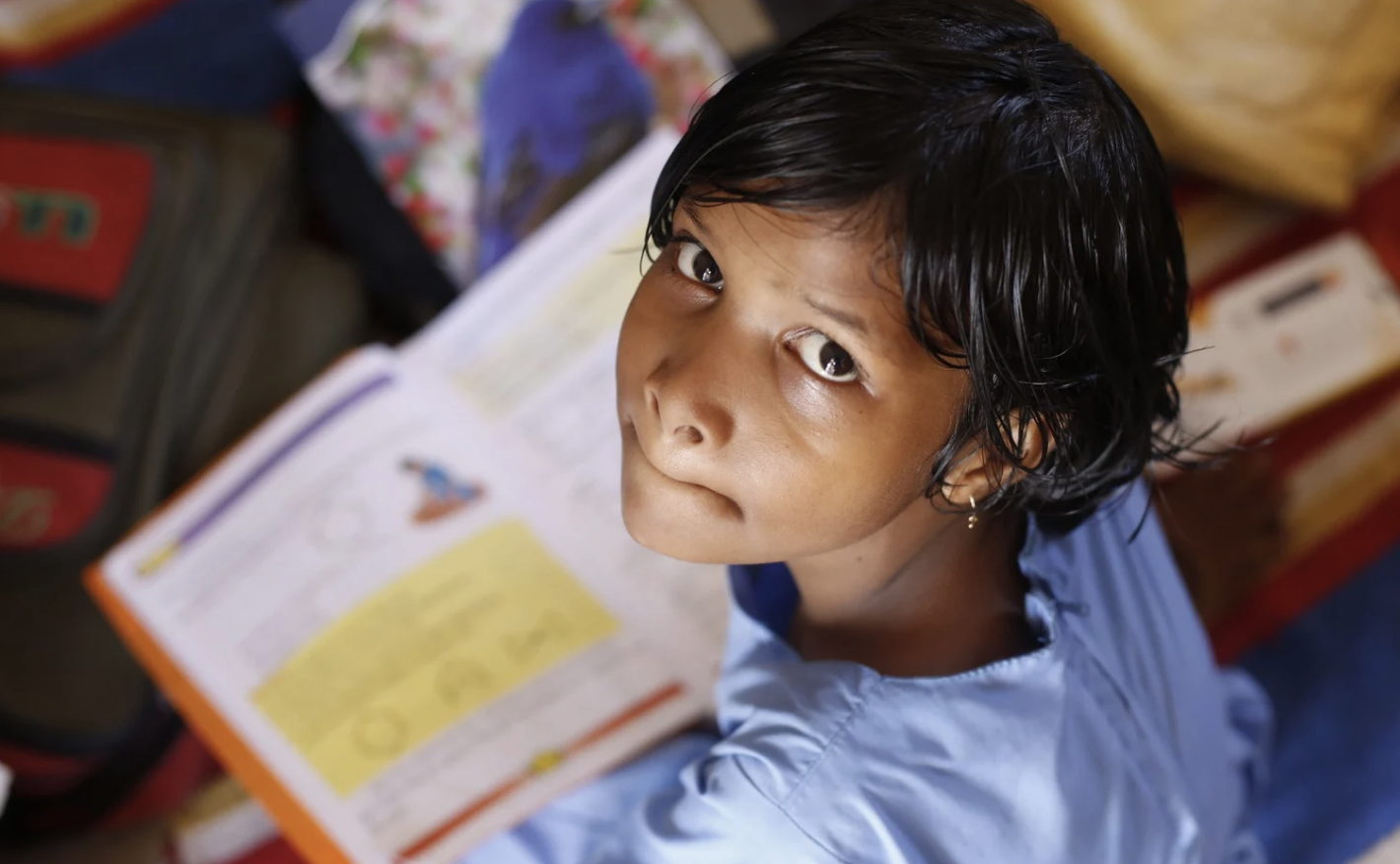Reise
Eine Chance zur Ausrottung von AIDS: Gleichberechtigten Zugang zu einer vielversprechenden Injektion sicherstellen
Werbung
Gilead hat Pläne angekündigt, kostengünstige Generika von Lenacapavir in 120 armen Ländern mit hoher HIV-Prävalenzrate verfügbar zu machen. Diese Länder, die sich hauptsächlich in Regionen wie Afrika, Südostasien und der Karibik befinden, werden Zugang zu dieser bahnbrechenden Behandlung haben. Es besteht jedoch die Sorge, dass das Pharmaunternehmen Lateinamerika vernachlässigt hat, wo die HIV-Raten zwar niedriger sind, aber dennoch steigen. Dieses Versäumnis wirft die Frage auf, ob die weltweiten Bemühungen zur Beendigung der AIDS-Epidemie wirklich alle Seiten einschließen.
Winnie Byanyima, Exekutivdirektorin von UNAIDS, lobte Gilead für die Entwicklung von Lenacapavir und betonte, wie wichtig es sei, dieses Medikament in Risikoregionen verfügbar zu machen, um die Ausbreitung von HIV wirksam zu bekämpfen. Sie ist davon überzeugt, dass diese Behandlung allen anderen derzeit verfügbaren Präventionsmethoden überlegen ist und den Schlüssel zur endgültigen Beendigung der AIDS-Krise darstellt.
Aktuelle Daten von UNAIDS zeigen, dass die Zahl der AIDS-bedingten Todesfälle im vergangenen Jahr auf dem niedrigsten Stand seit 2004 lag. Dies deutet darauf hin, dass sich die Welt an einem entscheidenden Wendepunkt im Kampf gegen die Krankheit befindet. Lenacapavir, das unter dem Namen Sunlenca vertrieben wird, wird in mehreren Ländern bereits zur Behandlung von HIV-Infektionen eingesetzt und Gilead plant, auch eine Zulassung für den Einsatz in der HIV-Prävention zu beantragen.
Zwar gibt es auch andere Methoden zur HIV-Prävention, wie etwa Kondome, Tabletten zur täglichen Einnahme, Vaginalringe und zweimonatliche Injektionen, doch Experten sind der Ansicht, dass die zweimal jährlich verabreichte Dosis von Lenacapavir eine besonders wirksame Lösung für marginalisierte Bevölkerungsgruppen wie homosexuelle Männer, Sexarbeiter und junge Frauen darstellt, die möglicherweise keinen Zugang zur Gesundheitsversorgung haben.
Byanyima hat die möglichen Auswirkungen von Lenacapavir auf diese gefährdeten Gruppen hervorgehoben und betont, dass ihnen allein die Verabreichung von zwei Injektionen pro Jahr den dringend benötigten Schutz vor HIV bieten könnte. Dies könnte für Personen wie Luis Ruvalcaba, einen Teilnehmer der Lenacapavir-Studie, der sich stigmatisiert fühlte und Angst hatte, täglich vorbeugende Medikamente einzunehmen, eine Wende bedeuten.
In Ländern wie Mexiko, wo HIV immer noch mit einem Stigma behaftet ist, könnte Lenacapavir denjenigen eine Lebensader bieten, die sonst vielleicht zögern würden, sich behandeln zu lassen. Dr. Alma Minerva Pérez, die an der Lenacapavir-Studie in Guadalajara mitgearbeitet hat, hat aus erster Hand erfahren, wie die Angst vor Diskriminierung Menschen davon abhalten kann, die notwendige Versorgung in Anspruch zu nehmen.
Während Gilead sich verpflichtet hat, Lenacapavir in 120 Ländern verfügbar zu machen, darunter auch in den Ländern mit der höchsten HIV-Belastung, fordern Interessengruppen in Lateinamerika einen breiteren Zugang zu dem Medikament. Länder wie Brasilien, Peru und Argentinien wurden vom Generika-Vertrag ausgeschlossen, was Bedenken hinsichtlich der gerechten Verteilung dieser lebensrettenden Behandlung aufkommen ließ.
Während die Bemühungen um eine Ausweitung des Zugangs zu Lenacapavir fortgesetzt werden, ist deutlich geworden, dass es erhebliche Unterschiede bei der Verfügbarkeit neuer HIV-Präventionsmethoden gibt, insbesondere in Regionen wie Lateinamerika, wo die Infektionsraten steigen. In Ländern wie Norwegen, Frankreich, Spanien und den USA sind die Kosten für Lenacapavir exorbitant hoch, sodass es für viele, die es am dringendsten benötigen, unerschwinglich ist.
Gesundheitsaktivisten fordern Maßnahmen wie Zwangslizenzen, die es den Ländern ermöglichen würden, Generika von Lenacapavir zu einem Bruchteil der Kosten herzustellen. Dadurch hätten mehr Menschen Zugang zu den Medikamenten und die Ausbreitung von HIV würde in den Regionen eingedämmt, in denen der Bedarf am größten ist.
Trotz der bevorstehenden Herausforderungen bleiben Experten zuversichtlich, dass Lenacapavir einen Wendepunkt im Kampf gegen AIDS markieren könnte. Der AIDS-Experte Dr. Salim Abdool Karim lobte die Behandlung als die wirksamste Präventionsmethode, die er bislang gesehen habe. Die Herausforderung besteht nun darin, sicherzustellen, dass Lenacapavir alle Bedürftigen erreicht, unabhängig von ihrem geografischen Standort oder sozioökonomischen Status.
Zusammenfassend lässt sich sagen, dass die Entwicklung von Lenacapavir einen bedeutenden Meilenstein im Kampf gegen AIDS darstellt. Allerdings müssen die Anstrengungen intensiviert werden, um sicherzustellen, dass diese bahnbrechende Behandlung alle Menschen erreicht, die sie benötigen, insbesondere in den Regionen mit den höchsten HIV-Raten. Indem wir gemeinsam daran arbeiten, den Zugang zu Lenacapavir zu erweitern, können wir dem ultimativen Ziel, AIDS ein für alle Mal auszurotten, einen Schritt näher kommen.





